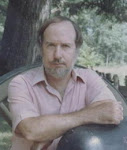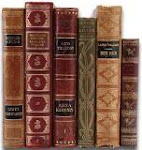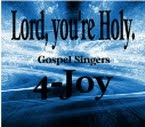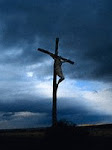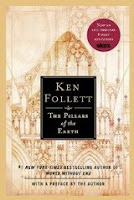
I have a large stack of yet to be read books that friends have passed along to me. All of them are good, but if I spent all of my waking hours reading, I would never catch up, nor would I get any writing done.
When a family member passed along a copy of The Pillars of the Earth, by Ken Follett, I was delighted until I picked the book up and weighed it in my hand. I like books that end around 300 pages or less, but 973 pages are a bit too much. I complained to a friend and he said he did not blame me for not wanting to read a book of that length, but he did urge me to read the first couple of chapters. Just to get the ‘feel’ of it, he said. “Someone could have put out a condensed version,” I complained. “Check Cliff’s Notes,” he suggested.
Because of my friend’s good literary taste, I decided I would read a few pages. I didn’t have to read all the way to the end of the first chapter before I became hooked. I have always been a fan of Ken Follett, and I think this book is definitely his best. It makes the history of England under Norman rule come to life in a way that no other book has. It is absorbing, exciting, and informative. You can’t ask much more than that.
When I told my friend that I had finished the book, he asked me if I still thought it should be condensed.
Well . . . I began, not sure how I should reply. “Which sentence would you leave out,” he wanted to know.
I couldn’t think of one.
[I received my copy of The Pillars of the Earth as a gift from a family member.]

